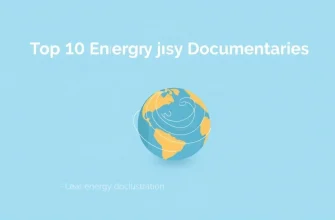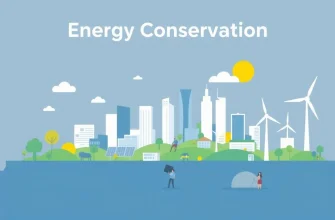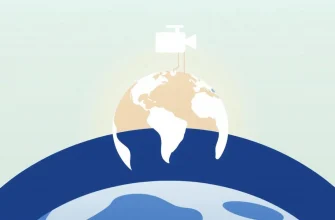Nuclear energy has always been a subject of intrigue, fear, and fascination. These documentaries delve into the complexities of atomic power, from its inception to its impact on society and the environment. This collection offers a unique perspective on one of the most controversial energy sources, providing viewers with a comprehensive understanding of nuclear energy's past, present, and future.

The Day After Trinity (1981)
Description: Focused on J. Robert Oppenheimer, this documentary provides an intimate look at the Manhattan Project and the moral dilemmas faced by scientists involved in creating the atomic bomb.
Fact: It includes rare interviews with Oppenheimer himself, recorded shortly before his death.
 Watch Now
Watch Now 
The Atomic Cafe (1982)
Description: This film compiles archival footage from the 1940s to the 1960s, showcasing America's nuclear culture during the Cold War. It's a satirical look at how nuclear energy was portrayed to the public, making it an essential watch for understanding the era's mindset.
Fact: The film uses no narration, relying entirely on the juxtaposition of clips to tell its story. It was nominated for the Grand Jury Prize at the Sundance Film Festival.
 Watch Now
Watch Now 
Pandora's Promise (2013)
Description: Featuring interviews with environmentalists and scientists who have changed their stance on nuclear power, this documentary argues that nuclear energy might be the key to combating climate change, challenging conventional wisdom.
Fact: The film was directed by Robert Stone, who also directed "Radio Bikini," another nuclear-themed documentary.
 Watch Now
Watch Now 
Nuclear Now (2022)
Description: Oliver Stone's latest documentary argues for the revival of nuclear power as a solution to the climate crisis, featuring interviews with experts and showcasing new nuclear technologies.
Fact: This film marks Stone's return to documentary filmmaking after focusing on narrative features for many years.
 Watch Now
Watch Now 
Radio Bikini (1988)
Description: This film recounts the story of the U.S. military's nuclear tests at Bikini Atoll, focusing on the human cost, including the displacement of the native population and the sailors exposed to radiation.
Fact: It won the Academy Award for Best Documentary Feature.
 Watch Now
Watch Now 
Atomic States of America (2012)
Description: This documentary examines the current state of nuclear power in the U.S., looking at both the potential benefits and the ongoing risks, including the controversial issue of nuclear waste storage.
Fact: The film includes interviews with both proponents and opponents of nuclear energy, providing a balanced view.
 Watch Now
Watch Now 
The Bomb (2016)
Description: A visually stunning and immersive experience, this documentary uses no narration, instead employing a mix of archival footage, animation, and music to explore the history and implications of nuclear weapons.
Fact: It was shown in IMAX theaters, offering a unique cinematic experience.
 Watch Now
Watch Now 
Chernobyl: The Final Warning (1991)
Description: This film provides a detailed account of the Chernobyl disaster, focusing on the human stories, the political cover-up, and the long-term effects on the environment and health.
Fact: It was one of the first Western documentaries to explore the Chernobyl disaster in depth, featuring interviews with key figures involved in the aftermath.
 30 Days Free
30 Days Free 
Into Eternity (2010)
Description: This documentary explores the Onkalo Waste Repository in Finland, designed to store nuclear waste for 100,000 years. It raises profound questions about our responsibility to future generations and the ethics of nuclear waste disposal.
Fact: The film was shot over several years, capturing the construction process and the philosophical discussions surrounding the project.
 30 Days Free
30 Days Free 
Dark Circle (1982)
Description: A chilling examination of the nuclear arms race, this documentary looks at the effects of nuclear testing, the arms race, and the anti-nuclear movement, weaving together personal stories with global politics.
Fact: It was one of the first documentaries to gain widespread attention for its anti-nuclear stance during the height of the Cold War.
 30 Days Free
30 Days Free 








